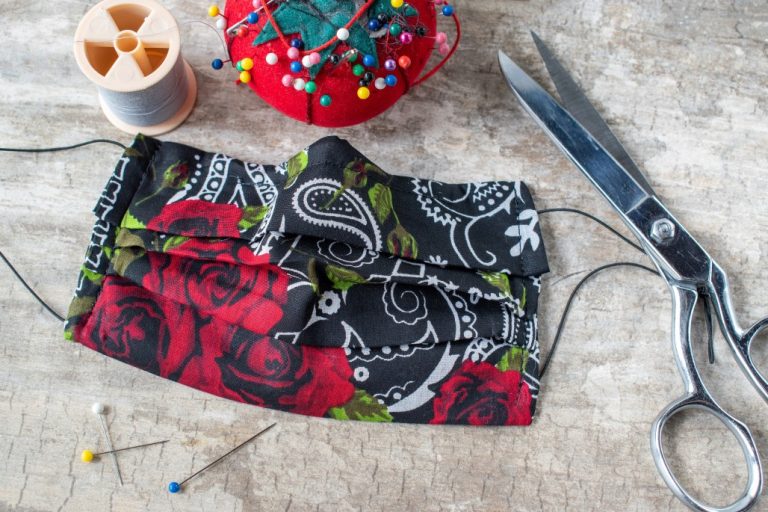Dealing with the Social Isolation of the Covid-19 Pandemic
"Sana has been in social isolation for 3 days and she's losing her mind. She wants to go outside, but she can't. Plus, the news keeps reporting scary things. Sana is scared and anxious".

since the infection is spread via respiratory droplets getting into your body through the nose, mouth, and eyes, you may well be protected if you wear face masks. But the hoopla about home-made face masks being inefficient at doing this job has been concerning. But what evidence is out there?
First, across all studies concerning face masks, one summary is the same – a home-made face mask is better than no face mask. Simply put, less than perfect protection is better than no protection at all. But not all home-made face masks are created equal.
One of the main purposes of a face mask is to prevent the wearer from spreading infection through their respiratory droplets. This is one of the ways face masks lower the spread of disease. If you are not sick and wear a face mask, one that fits snugly to your face such that much of the air you breathe goes through the mask will protect you better.
See more useful information about home-made masks here https://www.folio.ca/six-things-you-need-to-know-about-the-science-behind-wearing-a-homemade-mask/
"Sana has been in social isolation for 3 days and she's losing her mind. She wants to go outside, but she can't. Plus, the news keeps reporting scary things. Sana is scared and anxious".
The world has been dealing with COVID-19 for nearly two years now; the media is filledCOVID-19 headlines and all the brouhaha it come with. But one thing we all already know is that the disease is killing many, and infecting even more So the question we all have been asking is: how do we reduce our risk of catching this infection?
